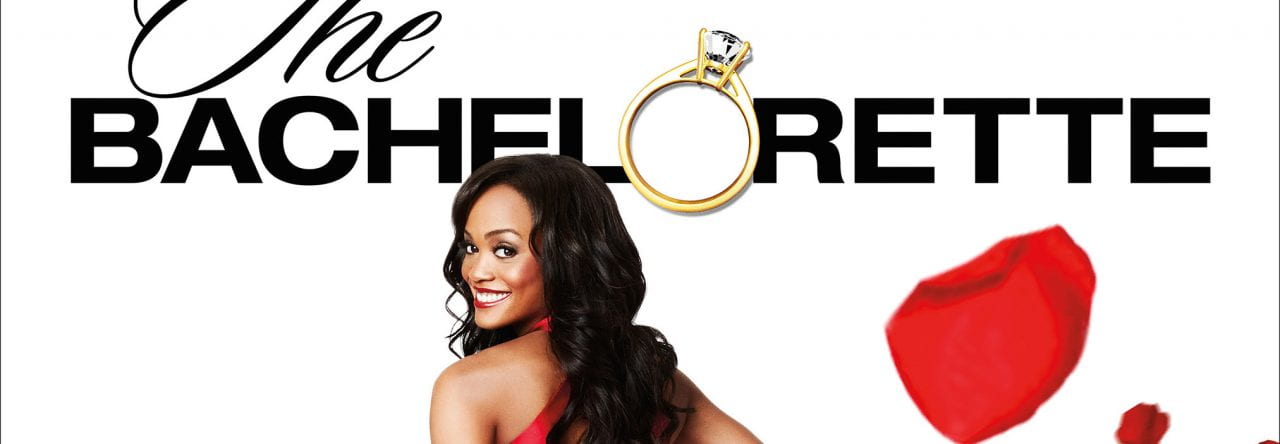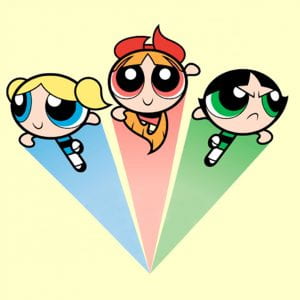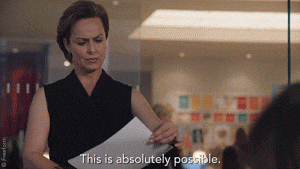Even though Fresh off the Boat focuses on an Asian family’s experiences when moving to Orlando, the various genders represented helps pivot the plot and creates more intriguing characters in the show. It is shame that despite occasionally having various genders being represented, most of the cast are heterosexual. One of the main characters, played by Constance Wu, is Eddie’s mom. Her impoverished and arduous background helped shape her brutal, power hungry and academic-first attitude. This helps gives an extra dimension to the show by creating a contrast in personality to her husband, Louis, who helps balance her aggressiveness with empathy and submission. Furthermore, this can be depicted as a form of portrayal of strong women.
The main focus on gender representation comes across on the first episode of season 4 when Nicole, Eddie’s close friend, came out gay after inviting him for a Taco lunch. Not only does this help empower the gay movement by giving confidence to the audience of the possibility of expressing out their feelings, but it should also be taken as highlighting the flaws that we have in our current society. As it took Nicole four seasons to gather enough courage to tell anyone, it can be assumed that it is due to the “unnatural” and “flawed” connotations that some communities may brand on the LGBT body that lots of social paradigms have to occur for the LGBT to be fully accepted into the community. The moment after Eddie, who expectedly was shocked as he expected Nicole to ask him out, gave Nicole comfort was perhaps my favourite and empowering scene in the episode.
The GIF above expressing Nicole’s reaction to Eddie’s support is extremely palpable.
In addition to supporting the LGBT community with Nicole’s character, I believe that this TV show also expresses other representational axes in junction to its main entertainment value. As mentioned in my last blog, the communal fusion between Eastern and Western values is especially highlighted in the representative characters. For example, Honey and Jessica, despite being best friends, having very different viewpoints of the world. Although the show effectively represents the cultural differences, the show ought to be criticised for its lack of African-American presence. Other than Walter, there were no other prominent African-American character. Except for this minor criticism, I love how the show gives insights into the life of a typical Asian-American family thus opening people to be more empathetic towards Asian beliefs.





















